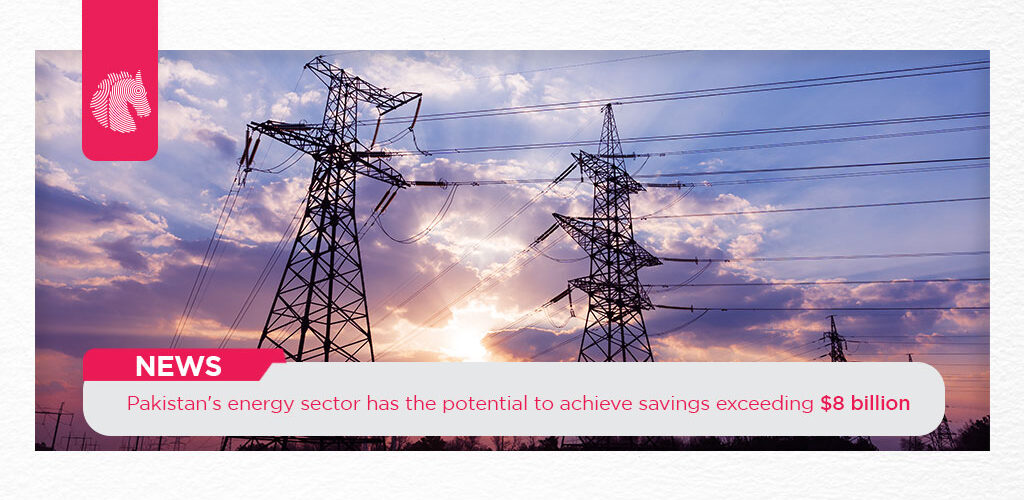Pakistan’s energy sector has the potential to achieve savings exceeding $8 billion

According to an independent study conducted jointly by the Policy Research Institute for Equitable Development (PRIED) and Renewables First, both based in Islamabad, Pakistan’s energy sector has the potential for significant cost savings. The study reveals that by implementing improved power production strategies, the country could save more than $8 billion over the next ten years. Ineffectual planning has resulted in the establishment of costly and inefficient power plants, burdening consumers with high electricity costs and worsening the circular debt crisis.
Head of PRIED, Muhammad Badar Alam, pointed out flaws in the government’s Indicative Generation Capacity Expansion Plan (IGCEP) 2022-31. He emphasized the necessity of a comprehensive plan for expanding the electricity transmission and dispatch system to fully utilize the acquired electricity generation capacity, which presently contributes to frequent power breakdowns across the country.
A researcher from Renewables First, Ammar Qaseem, highlighted disparities between the study’s findings and IGCEP’s projections. While IGCEP predicts wind and solar power to constitute only 30% of Pakistan’s energy mix by 2031, the independent study projects this share to be as high as 47% by the same year. Naila Saleh from Agora Energiewende, a German research organization, explained that increased incorporation of variable renewable energy could lead to a reduction of over 10% in variable electricity costs and a 50% decrease in emissions by 2030.
Ubaidur Rehman from the Sustainable Development Policy Institute proposed a long-term vision for the energy sector, suggesting that the government should aim to decarbonize the entire economy by 2050. This ambitious goal would align with the United Nations’ Sustainable Development Goal 7 targets and unlock Pakistan’s full potential for emission reduction.
Umer Farooq from LUMS Energy Institute conducted a critical analysis of supply and demand in the energy sector. The study highlights the nexus between the incorporation of renewable energy and the challenges it poses.















